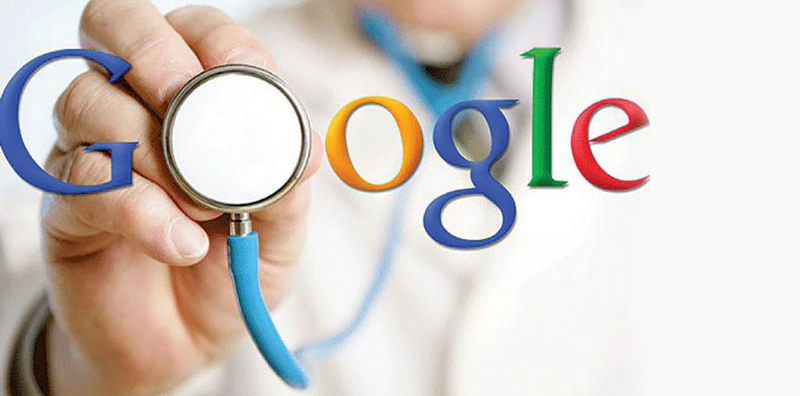
03:52 1st February 2017 | General Health Care
Connected Patient Internet Self Diagnose Troubling Symptoms Medical Treatment Doctor Patient Communication Emergency Department Art of Medicine General Health Care Quality Daily Medical Care
In this new era of the “Connected Patient”, it is easy to understand why a growing number of individuals rely on the internet for medical advice. The option is incredibly convenient and more importantly, free. However, there are a number of compelling reasons why it can be dangerous to use the internet to self-diagnose troubling symptoms.
In a 2015 study published in the British Medical Journey, led by Harvard Medical School researchers, most sites reviewed were deemed unreliable as sources of diagnosis and triage i.e. the assignment of degrees of urgency to illnesses to determine the order of treatment. In a nutshell: 23 websites (worldwide) were selected to test 45 patient vignettes (brief descriptions of conditions, half of which were common conditions). The results? The correct diagnosis only surfaced 34% of the time.
The main risks and issues related to inaccurate and inconsistent information are as follows:
While symptom checkers can be a good starting point and perhaps facilitate better doctor-patient communication, the results produced should be taken with a grain of salt.
Google also plans to show medical details related to illnesses in their search results (first to those conducting mobile searches in the US; later to more countries and in different languages). They have worked with doctors as well as experts from Harvard Medical School and the Mayo Clinic to improve search results. Still, it is important to note that results are intended for information purposes only and medical action should only follow after consulting a doctor.
So What Should You Do?
Despite impressive technology, for example “the medicalized smartphone” or Facetime examinations, nothing (yet) can really replace a well-performed history and physical in a professional office setting, urgent care or emergency department where there is access to diagnostic instruments. Although artificial intelligence may play a more significant role in the future, the art of medicine – the human touch – can not be replaced.
There is no need to wait.
Genenal Health Care is open and very affordable, offering quality daily medical care.
Contact us today to find out more.
Email: [email protected]
Call: 01 631 0092 / Whatsapp: +234 (0)810 664 8871.
Visit us at Ikeja, Ikotun, Isolo or Victoria Island
[Sources: BusinessInsider.com | Wired.co.uk | Forbes.com]
Book an appointment online or search for a clinic close to you.
Book an AppointmentSearch by condition, treatment or keyword and conveniently browse our informative articles